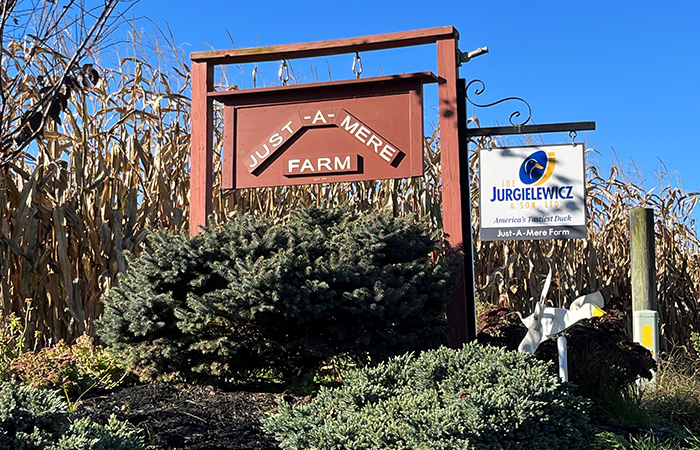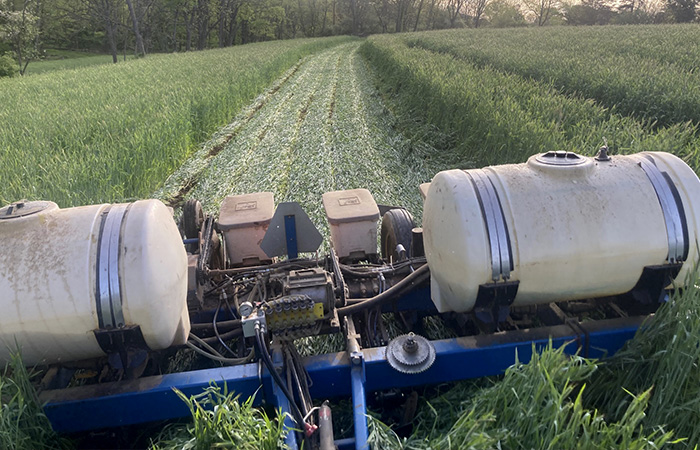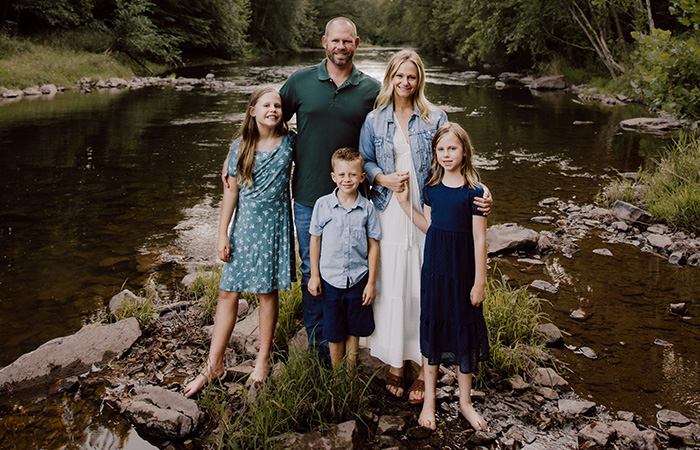
Inflation Act Fuels Conservation Through Sustainable Farming in PA
TL/DR –
Josh Daniels, a farmer from Pennsylvania, received funding from the USDA’s Inflation Reduction Act for climate-smart agriculture and forestry mitigation activities. He used the funding to establish field borders to prevent runoff, create habitats for pollinators, and maintain wildlife cover. Through his partnership with the Natural Resources Conservation Service (NRCS), Daniels has seen significant improvements in water and soil quality on his farm and plans to continue implementing sustainable practices to help mitigate climate change.
Farmers Aid in Climate Change Mitigation through USDA Funding
Farmers and ranchers in the US are playing a crucial role in climate change mitigation. Case in point, Josh Daniels, a multigenerational farmer from Dalmatia, Pennsylvania, is one of many who have benefitted from Inflation Reduction Act funding. Provided by the U.S. Department of Agriculture (USDA) in fiscal year 2023, it granted an extra $19.5 billion to the USDA’s Natural Resources Conservation Service (NRCS) for promoting climate-smart agriculture and forestry mitigation initiatives.
Journey of a Pennsylvania Farmer
Josh has been collaborating with NRCS for several years, and the new funding will bolster sustainability on his farm. He found the NRCS application process smooth and straightforward, with ample help provided throughout. Utilizing his new NRCS Environmental Quality Incentives Program (EQIP) contract, funded by the Inflation Reduction Act, Josh now aims to establish field borders to reduce runoff into local creeks.

Implementing Sustainable Practices
Upon returning from military service, Josh partnered with his father, Richard Daniels, to focus on sustainable stewardship efforts on their farm. Using funds from a previous EQIP contract, Josh plans to create habitats for pollinators, maintain wildlife cover, and continue sustainable practices inherited from his father.

Josh took sole ownership of the farm in 2014, continuing his father’s farming legacy. He further sought NRCS support to improve water infiltration into the soil, explore conservation practices to increase organic matter, and retain nutrients. Josh utilized a completed five-year EQIP contract for this and added more conservation projects in his renewal application.
Positive Outcomes of Conservation Efforts
Partnership with NRCS has brought noticeable improvements to Josh’s farm. They’ve seen better water quality, reduced manure leaching, cleaner water from buffer strips next to streams, and improved soil quality through cover crops. Josh considers working with NRCS a valuable investment that has encouraged him to try new methods and grow.

Looking Forward to New Conservation Projects
Josh eagerly awaits the commencement of new conservation projects funded by the Inflation Reduction Act. He appreciates the ability to contribute to climate change mitigation through farming practices that sequester carbon in the soil. “The more we can grow green and not disturb the soil, the better,” Josh said.
—
Read More US Economic News
